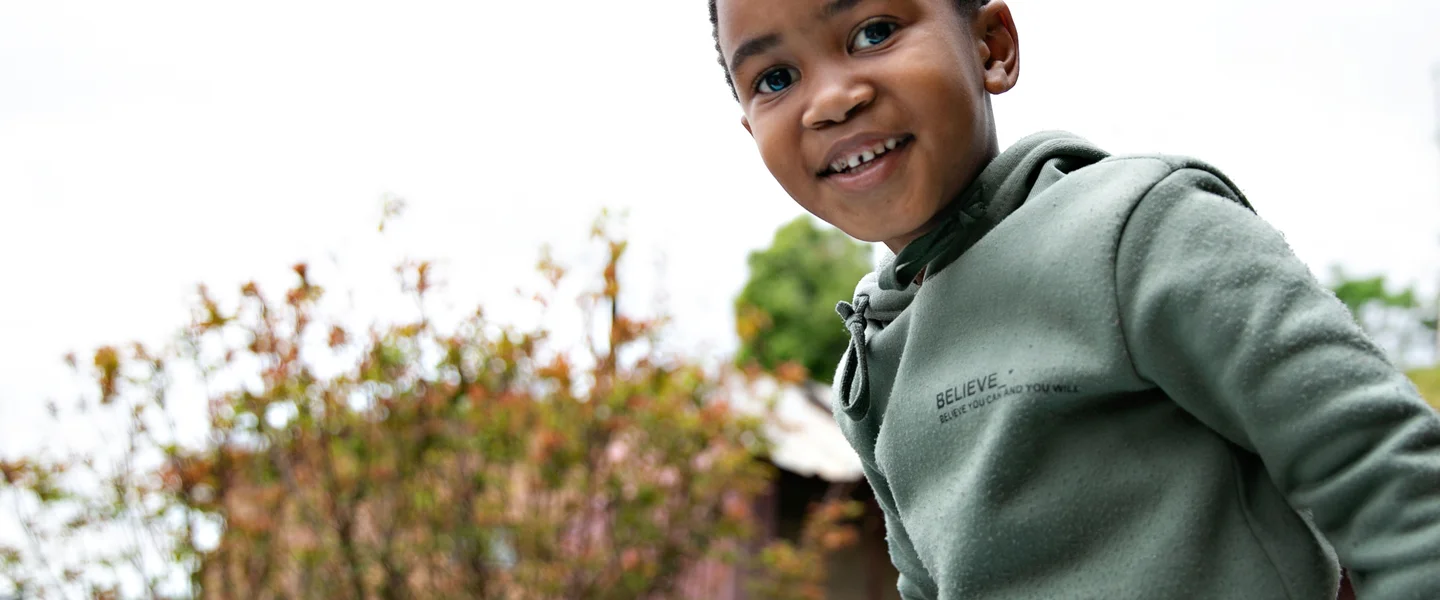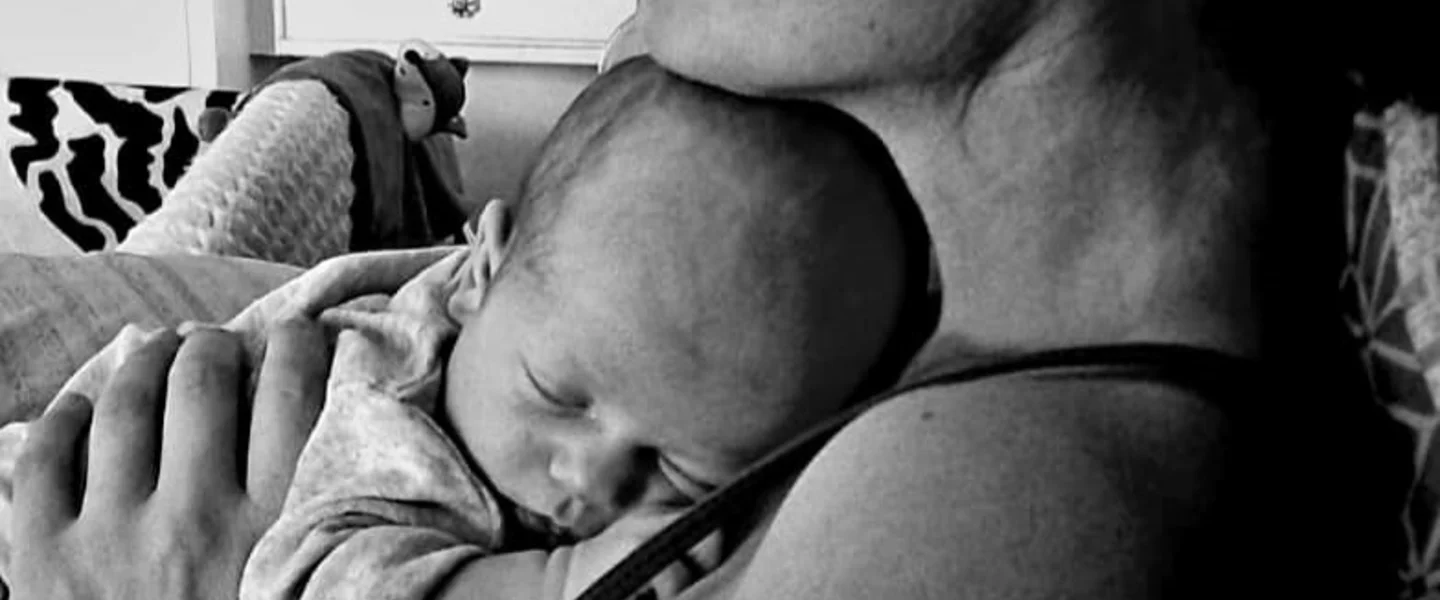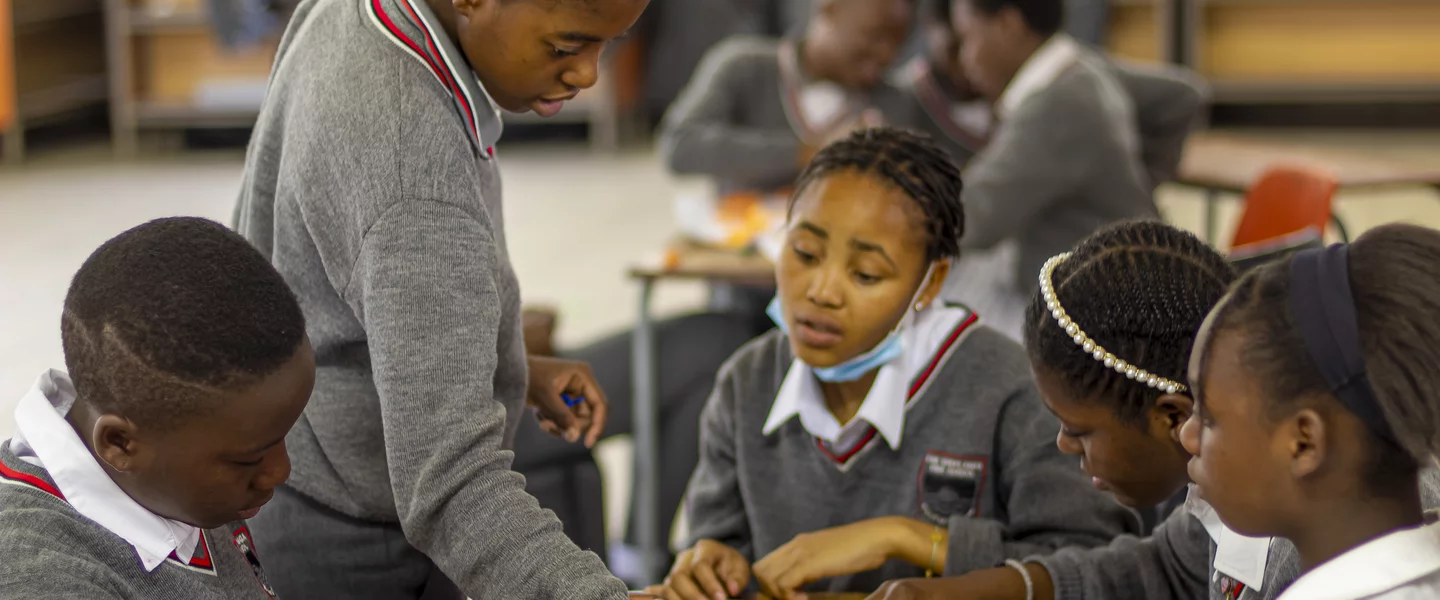The Power of Purpose: Women Leading African Philanthropy
By Gugu Xaba – African women have long been at the forefront of philanthropy in their communities, exemplifying “love in action” through courage, cultural integrity, and care. At a recent Adɔyɛ Dialogue hosted by Wits University’s Centre for African Philanthropy and Social Investment, we celebrated iconic women leaders – like Dr. Barbara Masekela and Ms. Sibongile Mkhabela – whose legacies light the way. Their example inspires an Adɔyɛ (an Akan word meaning “love in action”) ethos that views philanthropy as an expression of care, solidarity, and service. It was a great honour to join them in conversation and reflect on how African women’s purpose-driven leadership is transforming society.
Love in Action: An African Feminist Ethos
African philanthropy is love in action at its heart – the belief that no problem is too big, no person too small, and no act of generosity too insignificant to matter. This dialogue was rooted in an African feminist philanthropic ethos that merges compassion with activism. We draw inspiration from leaders who show that caring for children and community goes hand-in-hand with challenging injustice. In the words of former President Nelson Mandela (a staunch ally of children’s causes):
“There can be no keener revelation of a society’s soul than the way in which it treats its children.”
Philanthropy in Africa isn’t about simply writing cheques; it’s about fuelling – fuelling ideas, fuelling equity, fuelling the futures we dare to imagine. As an African woman, I grew up with giving as a moral obligation, not a luxury. In a household of ten children (and many more from the community around our kitchen table), I witnessed philanthropy in action long before I ever saw it in a boardroom. Whether it was sharing food with a neighbour, helping a cousin with school fees, or sheltering a child in need, this spirit of African giving was lived daily. It is caring, relational, communal, and deeply transformative. African women have always led with both compassion and courage – as architects of community development, custodians of cultural memory, builders of movements, and changemakers in both informal circles and major civil society initiatives.
Philanthropy as Ubuntu in Action
Philanthropy is Ubuntu in action – the concept of “I am because we are.” African philanthropy is not a foreign import at all, but part of our heritage. As African women’s rights activist Theo Sowa reminds us, philanthropy in Africa is embedded in our communities and driven by solidarity: “Philanthropy is not something done to Africa. It is something deep in our souls, a spirited tradition and culture. When we work together, we can move things. In this spirit, African women’s giving has never been about wealth or fame; it’s about service and justice – speaking truth to power, uplifting the vulnerable, and mobilizing others to do the same.
Right now, however, the stakes have never been higher. Sub-Saharan Africa has over 100 million children out of school, a ticking time-bomb for our continent’s skills and future prosperity. By 2045, around 85% of the world’s poorest billion people will live in Africa, underscoring a hard truth: the battle for global equity will be won or lost by how we prioritize Africa’s children. Our children are disproportionately affected by conflict and climate change, and now face pandemic aftershocks that have pushed an additional 100 million children into poverty worldwide, bringing the total to 1.1 billion children in multi-dimensional poverty. These trends reveal a soul of society in peril – and compel us to action.
Investing in Africa’s children and youth is not charity; it’s a smart investment in our shared future. Studies in Africa show that every $1 invested in quality early childhood development yields a return of $6–$17 in better education, health, and productivity outcomes. Early investments set children up to thrive, reduce downstream costs, and drive inclusive economic growth. High returns on early childhood programs have been proven, reinforcing that what’s good for our children is good for our economies.
Yet challenges are stark. In South Africa, for example, 42% of children have experienced some form of violence during their childhood, whether at home or in the community. Across the continent, too many girls are still forced into early marriage or pushed out of school. These injustices are a moral imperative for philanthropy to address – to right these wrongs so that an accident of birth or gender does not determine a child’s destiny. By 2075, thanks to Africa’s rapid demographic growth, one in three people of working age will be African. This vast youth cohort could drive unprecedented prosperity – if we invest in them today. If we fail to do so, the world will face the consequences of a “lost generation.”
Home-Grown Solutions and Bold Partnerships
The good news is that African nations and communities are not waiting to be rescued – a lot is already being done, and these efforts are growing bolder. We are seeing philanthropy think bigger and act more collaboratively for children’s wellbeing. Home-grown solutions are blossoming: inspiring local initiatives led by women and young people are transforming children’s lives every day. As Save the Children South Africa, we have witnessed first-hand the power of strategic philanthropy and corporate partnerships to uplift youth. For instance, in 2023 a collaboration with the private sector provided a major boost to youth skills development: Accenture granted $1.3 million to Save the Children South Africa for youth entrepreneurship and innovation programs. By investing in adolescents’ education-to-employment pathways, such philanthropy helps break cycles of joblessness and hopelessness among young people. We have also partnered with companies like Concentrix to help bridge the digital divide for students in under-resourced communities, equipping township high schoolers with digital literacy and job-ready skills as part of a ground-breaking initiative in Umlazi, KwaZulu-Natal. Meanwhile, working with grassroots community organizations to establish early childhood centers ensures that interventions are locally relevant and sustainable.
The benefits of investing in children – healthier communities, stronger economies, more just societies – far outweigh the costs. Every rand, naira, or shilling directed toward a child’s health, safety, and education generates multiplied returns over that child’s lifetime and for society at large. By acting together now, we can ensure Africa’s next generation not only survives but thrives, carrying forward a legacy of hope, equity, and opportunity for all.
Collective Action: A Growing Trend
African philanthropy is moving away from siloed projects and isolated efforts, toward collective action and joint platforms that pool resources for greater impact. A shining example is the recently launched Africa Corporate Philanthropy Leaders’ Initiative (ACPLI), a coalition of leading African companies and foundations that have committed to strengthen their joint support for Africa’s sustainable development. This initiative – bringing together over a dozen corporate foundations from banking, telecom, media and other sectors – champions innovative partnerships and pooled funding strategies to amplify the impact of philanthropy. By sharing knowledge and co-investing in community development, such coalitions can avoid duplication and maximize every resource. Likewise, multi-stakeholder funds involving governments, NGOs, businesses, and donors are financing programs from immunization drives to girls’ education. When we synchronize our efforts, we maximize every rand for children and achieve more together than we ever could alone.
Innovative financing models are also unlocking new opportunities for impact at scale. Blended finance for children’s goals is on the rise: social impact bonds, development impact loans, and mixed public-private funds are being piloted to tackle issues like learning outcomes and child malnutrition. Save the Children’s new impact investment arm, Global Ventures, for example, has pioneered results-based financing contracts – where funders pay for measurable improvements in children’s lives. One such initiative in Sierra Leone paid out based on gains in primary school literacy and numeracy, incentivizing effective education interventions. We are also exploring parametric insurance tools to fund early disaster response for children before crises escalate. By blending philanthropic funds with private capital and outcome-based payouts, we can stretch each dollar further and reward approaches that truly improve children’s lives.
Collective action isn’t only happening in formal boardrooms – it’s in our communities as well. In South Africa, women in townships sustain informal giving circles (stokvels) to support small businesses and neighbors in need; churches pool funds to help vulnerable members. These are not acts of charity, but acts of social justice – of reclaiming our agency and deciding that we will no longer wait for the world to change we will be the change. When African women gather resources together, whether formally or informally, they are embodying the age-old truth that “it takes a village” to raise a child – and to lift up a community.
Locally Led, Trust-Based Approaches
A quiet revolution in philanthropy is underway: handing power back to communities. Globally, large donors have begun channelling far more funding directly to local African organizations in recent years. Between 2010 and 2019, only 14% of big grants went to African NGOs, but by 2023 this had risen to over 55% – a positive trend accelerated by the COVID-19 wake-up call to “shift the power”. This momentum must continue so that those closest to the challenges are the ones leading the solutions, bringing their own ideas, energy, and expertise.
African philanthropy is also embracing trust-based funding – giving local partners flexible, long-term support instead of burdensome short-term grants and heavy reporting requirements. As one African foundation leader noted, “trust-based philanthropy needs to be more than a buzzword,” and it will be meaningful only if accompanied by local actors confidently setting the agenda. When funders truly trust community organizations with resources and decision-making, programs become more responsive and accountable to children’s needs on the ground.
Major international foundations are heeding this call. In 2022, a group of leading global donors and philanthropists issued a joint Donor Statement on Supporting Locally Led Development, committing to shift more power and funding directly to local actors, to simplify grant processes, value local knowledge, and advocate for locally-led solutions. This represents a sea change in the development paradigm – acknowledging that solutions stick when rooted in local context and led by local champions. African community foundations and grassroots groups offer deep cultural knowledge and established trust within communities – priceless assets that must be leveraged. By investing in local capacity and leadership, philanthropy not only achieves better outcomes; it also builds dignity and self-reliance. Ultimately, prioritizing children is both the moral thing and the smart thing. It is a litmus test for our generation’s values – and a strategic move to secure Africa’s peace and prosperity. Every dollar, every policy, every partnership that uplifts a child yields dividends for all of society.
As Inger Ashing, CEO of Save the Children International, said amid recent global aid cuts: “We all have a moral and strategic imperative to invest in children and acknowledge their rights for a safer and more stable world.” We echo that call. Whether through philanthropy, government budgets or innovative finance, we must step up – not step back – for Africa’s children. They cannot wait, and neither can we.
Taking Action: Investing in Our Legacy
What does this mean for us as African leaders, philanthropists, and citizens? It means we must champion locally-led, trust-based investments in Africa’s youth and children at every opportunity. It means funding grassroots ideas, backing women-led and youth-led organizations, and collaborating across sectors rather than working in silos.
It also means being active advocates – using our influence to push for child-friendly policies and budgets, even in tough fiscal times. If we align our love for Africa’s children with tangible action and resources, we will unleash a powerful ripple effect of change. Each of us, in our own capacity, has the power to lead, to give, and to build. We are the leaders of now – so let’s lead, let’s give, let’s build.
A Challenge and an Opportunity
To everyone reading this, I pose a challenge – and an opportunity:
- What if you and I started seeing the possibilities and not just the problems? Let’s change our mindset from paralysis to potential.
- Don’t wait until you are wealthy to give. Give from where you are, with whatever you have – be it time, knowledge, or resources.
- Don’t think impact is reserved for the well-connected. Your ideas, your voice, your leadership matter.
- Don’t be afraid to disrupt. The world doesn’t need more of the same; it needs more of you – your authentic, brave, purpose-driven self.
Start now – with your thoughts, your ideas, your energy, your time, and your courage. Start today – seize the opportunity to spark the right conversations and model the right practices in development and giving. Each small action, each act of generosity or mentorship, each bold idea could ignite a chain reaction of positive change.
A Vision for the Future
The future of African philanthropy is female. It is bold. And it is community-led. We are moving beyond the old donor-recipient dynamics; instead, we are partnering in transformation. May we build an Africa where no dream dies for lack of support, where no girl or boy is invisible, and where giving is about impact, not ego.
Philanthropy can be the game-changer that ensures we meet our commitments to Africa’s next generation. And women are at the centre of this movement – not as beneficiaries, but as architects. We bring not just resources but lived experience. Not just solutions, but systems thinking and innovation. Not just empathy, but power.
Never forget: Africa is rising, and she is rising in the hands of people like you. Each of us has the power of purpose to lead from where we are. By partnering together – across generations, sectors, and borders – we become the philanthropists we’ve been waiting for.
Join us. Partner with Save the Children South Africa. Be the philanthropist you are. Lead society from exactly where you stand. Together, in love and action, we will write the next chapter of Africa’s story – one where all her children can thrive.


